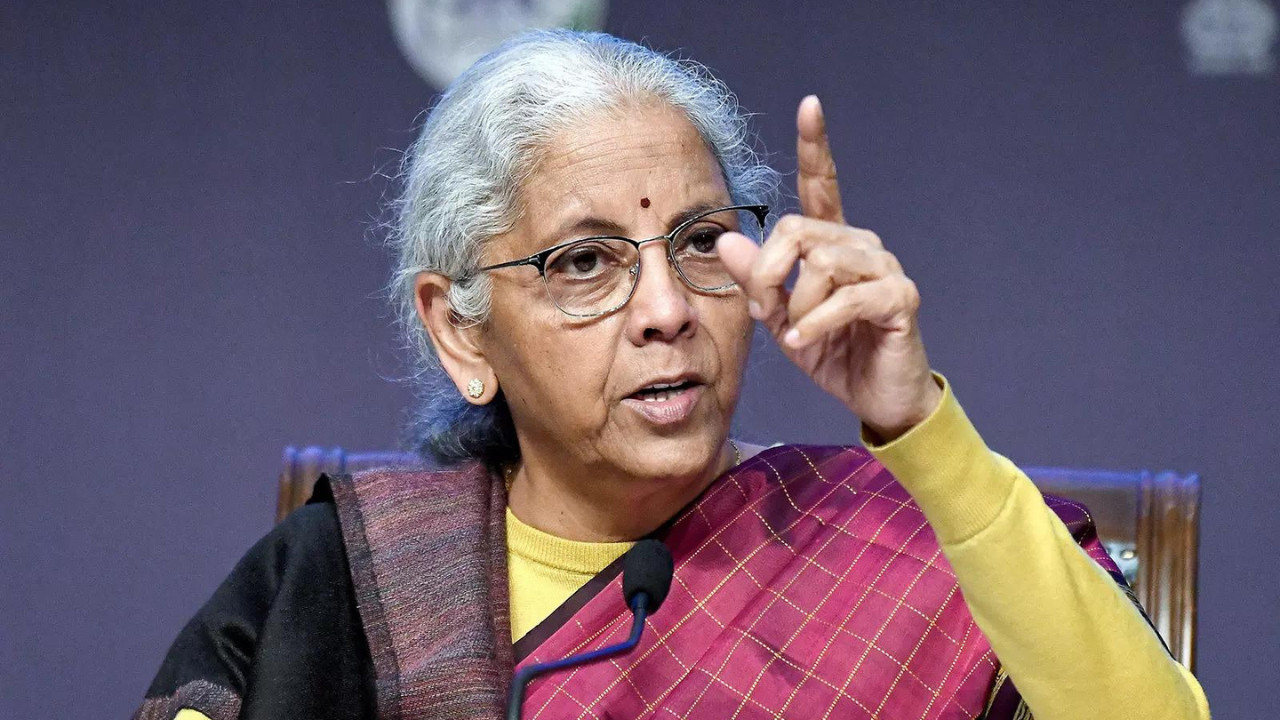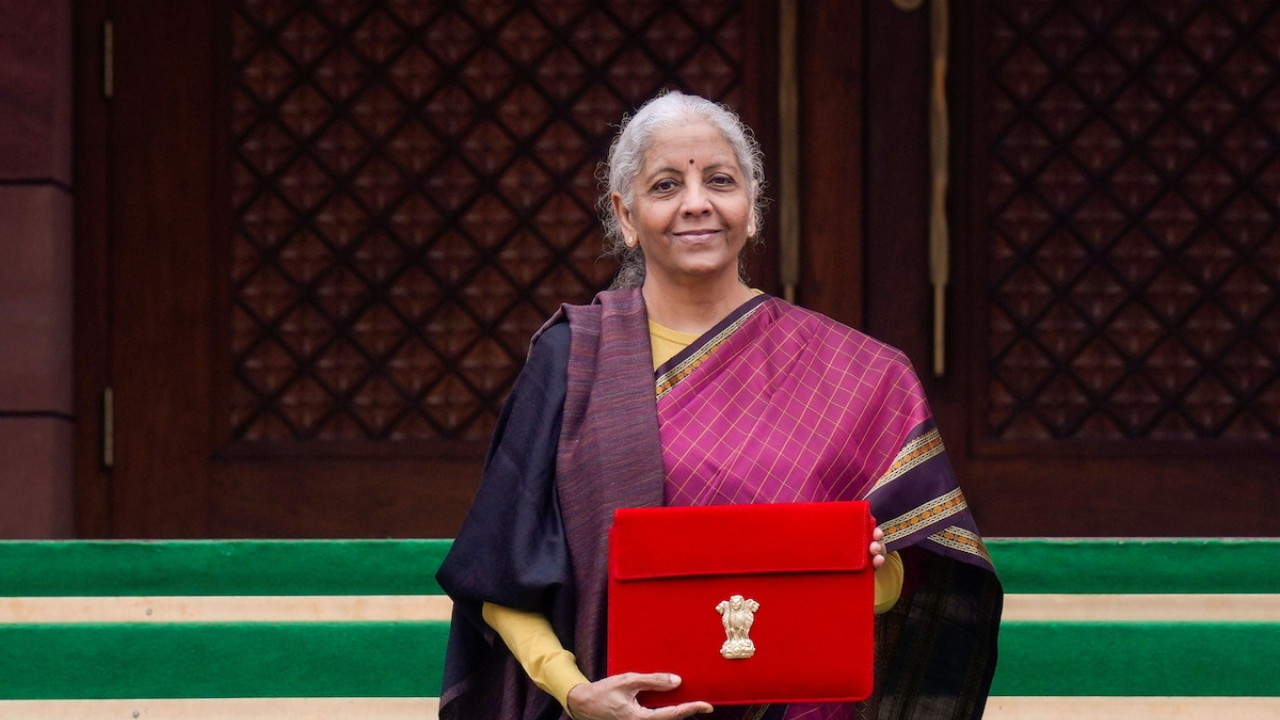Revving Up India’s Highways: A New Deal for Private Investors
India’s highway network is the lifeblood of its economy, and keeping it flowing smoothly requires constant upgrades, expansion, and, crucially, investment. But attracting private sector involvement in these massive infrastructure projects hasn’t always been a smooth ride. The government is now shifting gears, introducing a new model designed to make highway projects more appealing and secure for private investors. This bold move could be a game-changer, paving the way for faster infrastructure development and a more robust economy.
For years, infrastructure development in India relied heavily on Public-Private Partnerships (PPPs). While these partnerships brought in much-needed capital and expertise, they also came with inherent risks. Fluctuations in traffic volume, unforeseen construction delays, and complex regulatory hurdles often left private investors feeling exposed. The government is keenly aware of these challenges, and their new approach directly addresses these concerns, aiming to foster a more collaborative and sustainable environment.
Government Steps In: A Safety Net for Highway Investments
The core of this new strategy lies in two key provisions: revenue support and a buyback clause. Imagine you’re a company investing in a toll road project. Your returns are directly tied to the number of vehicles using that road. If traffic falls below projected levels, your revenue takes a hit. The government’s revenue support mechanism acts as a safety net, ensuring that investors receive a predetermined percentage of their projected revenue, even if actual traffic is lower. This significantly mitigates the risk associated with fluctuating traffic patterns, a major concern for many private players.
But what happens if things really go south? That’s where the buyback clause comes in. This provision allows the government to repurchase the project from the private investor under specific circumstances, offering a way out if the project becomes unviable due to unforeseen circumstances or policy changes. This gives investors a much-needed exit strategy and reduces the fear of being locked into a losing proposition. The introduction of buyback options for highway construction is a significant step.

Why This Matters: Injecting Confidence into Infrastructure
This shift isn’t just about making individual projects more attractive; it’s about injecting confidence into the entire infrastructure sector. By sharing the risk and providing a safety net, the government aims to unlock a flood of private investment, which is crucial for achieving its ambitious infrastructure development goals. A more confident private sector translates to more projects, faster completion times, and a more modern and efficient highway network.
Consider the impact on the ground. Better roads mean faster transportation of goods, reduced logistics costs, and improved connectivity between rural and urban areas. This, in turn, fuels economic growth, creates jobs, and improves the overall quality of life for millions of Indians. The potential benefits are enormous.
A New Era for Highway Development?
While the details of the new contract are still being finalized, the underlying message is clear: the government is serious about attracting private investment in highway infrastructure. They are willing to share the risk and provide support to ensure that projects are viable and successful. This proactive approach signals a new era of collaboration and a renewed commitment to building a world-class highway network. The inclusion of revenue support and buyback options is a tangible demonstration of this commitment, addressing key concerns that have previously deterred private investors.
This new model aligns with the government’s broader vision of economic growth and development. A strong infrastructure backbone is essential for attracting foreign investment, boosting manufacturing, and improving overall competitiveness. By creating a more attractive environment for private investors in the highway sector, the government is laying the foundation for a more prosperous and connected India. See how better infrastructure can also support rural economic growth on our related article about rural infrastructure development.
The Road Ahead
The success of this new approach will depend on its effective implementation and the ability of the government to maintain transparency and predictability. Clear guidelines, streamlined processes, and a collaborative spirit will be essential to building trust and ensuring that these projects deliver on their promises. The road ahead may be challenging, but with a renewed focus on partnership and shared risk, India’s highway infrastructure is poised for a significant transformation. This commitment to de-risking investment opens new doors to a surge in highway construction, solidifying India’s economic future.







